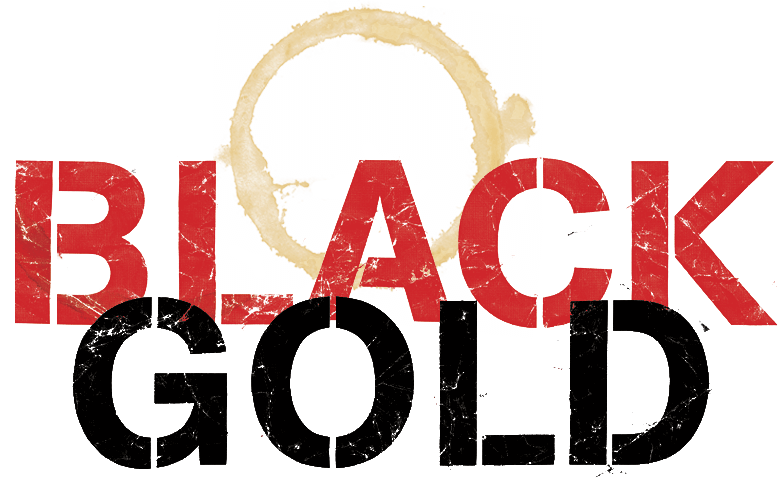WHY BLACK GOLD?
We were provoked to make a film about coffee after it was announced at the end of 2002 that Ethiopia was facing another famine. Twenty years earlier in 1984, people across the world had been motivated to respond to this crisis by giving aid. The difference this time was that coffee farmers were being caught up in this new food crisis while the global coffee industry was booming.
We wanted to urgently remind audiences that through just one cup of coffee, we are inextricably connected to the livelihoods of millions of people around the world who are struggling to survive.
Coffee is a universal experience enjoyed by billions of people on a daily basis and is part of an industry worth over $80 billion a year. But the people behind the product are in crisis with millions of growers fast becoming bankrupt. Nowhere more evident is this paradox than in Ethiopia, the birthplace of coffee.
Our hope was to make a film that forced us, as western consumers, to question some of our basic assumptions about our consumer lifestyle and its interaction with the rest of the world.
BLACK GOLD - WAKE UP AND SMELL THE COFFEE
We passionately believe that the language of film is a uniquely powerful medium to communicate to audiences everywhere about an engaging and timely issue that has an impact on the world in which we live. This has been the underlying theme of all of our work. But with BLACK GOLD, we were even more determined to make a film that would reach audiences everywhere and be relevant for all people.
From the beginning we wanted to make a film which, while having a political purpose, was not overly polemic; a film which was observational - giving the viewer the opportunity to draw their own conclusions about what they are experiencing.
In making the film we also wanted to challenge the portrayal of Africa often characterised in the Western media by an overload of de-contextualised images depicting poverty with no link to our own lives.


